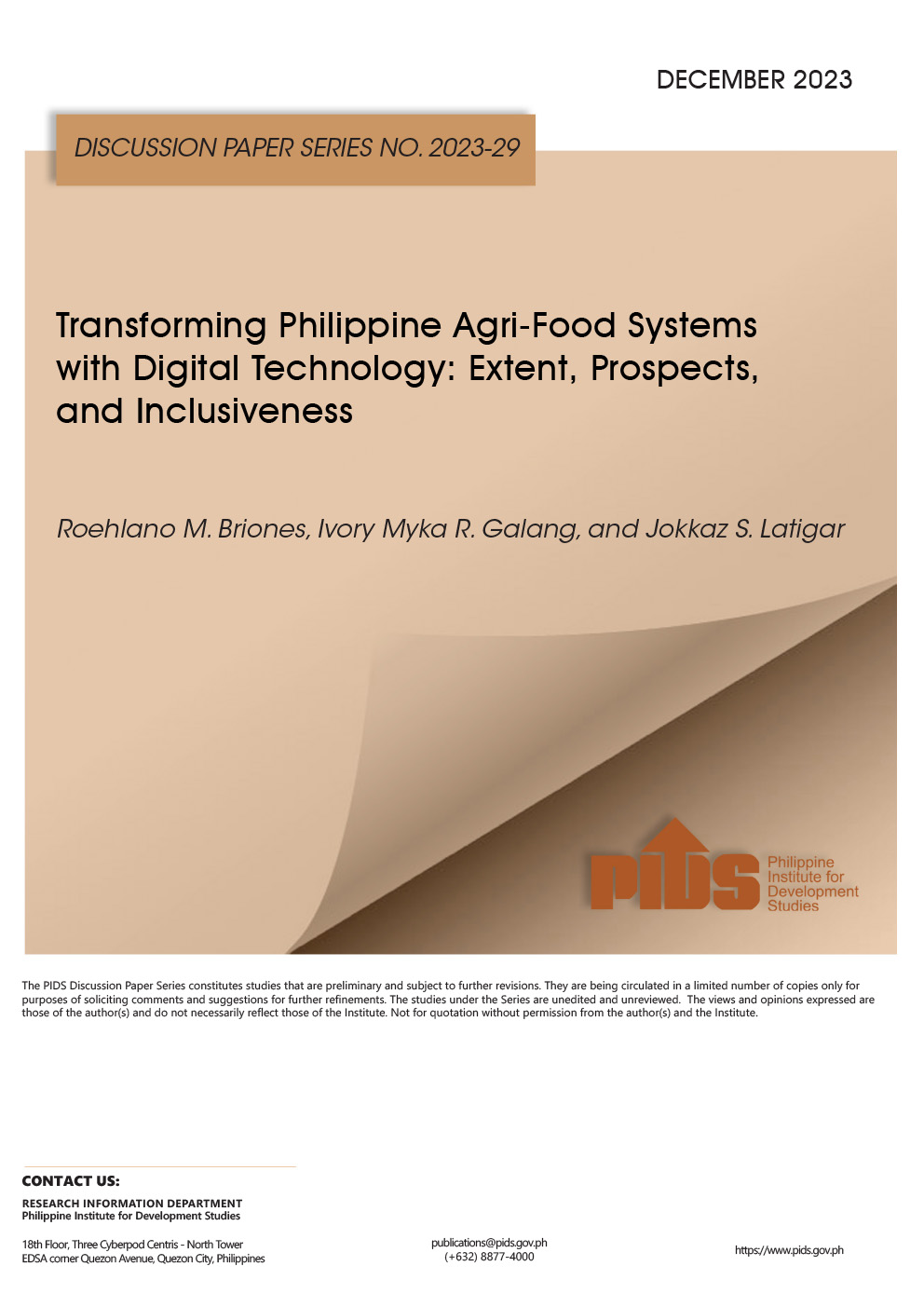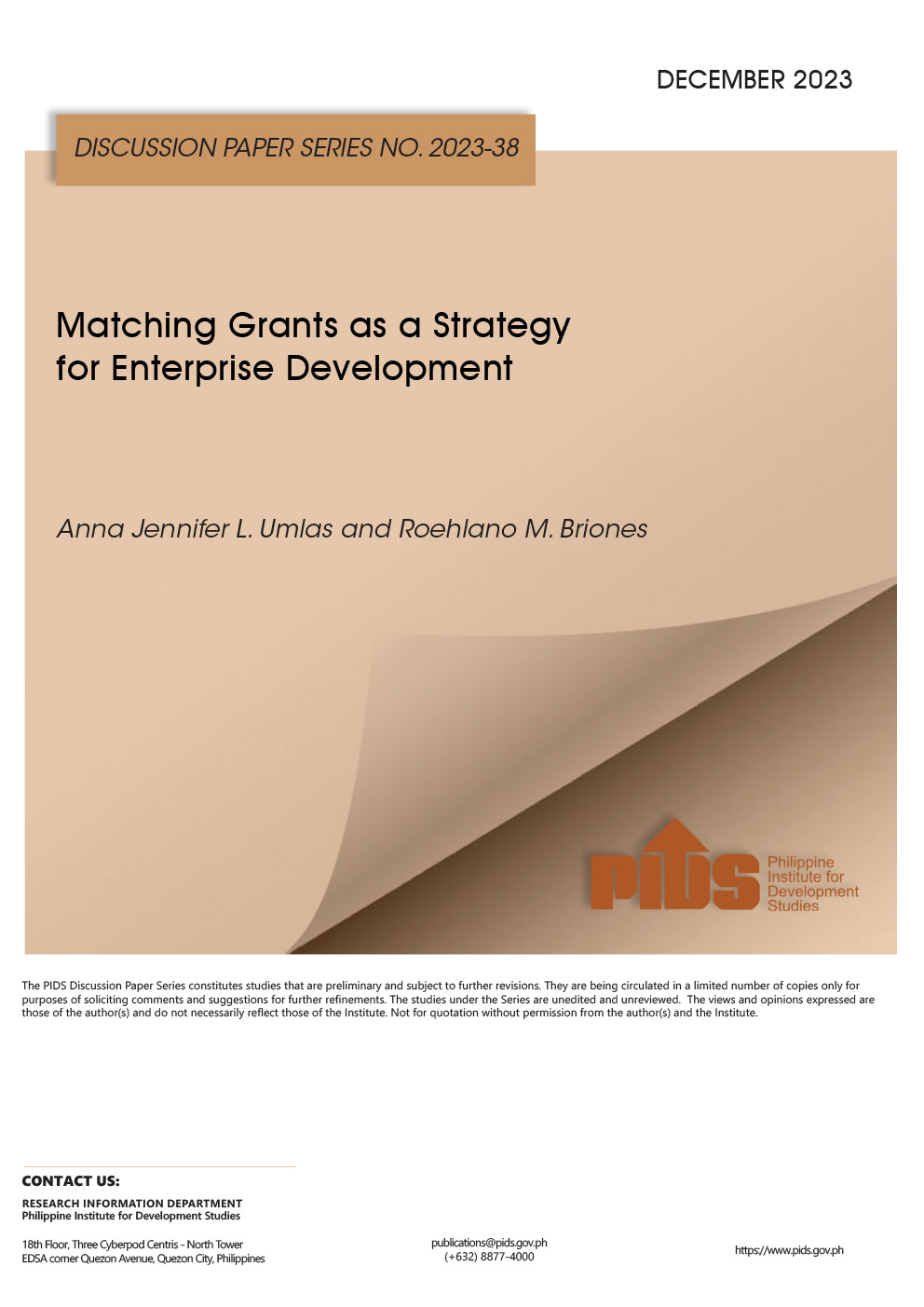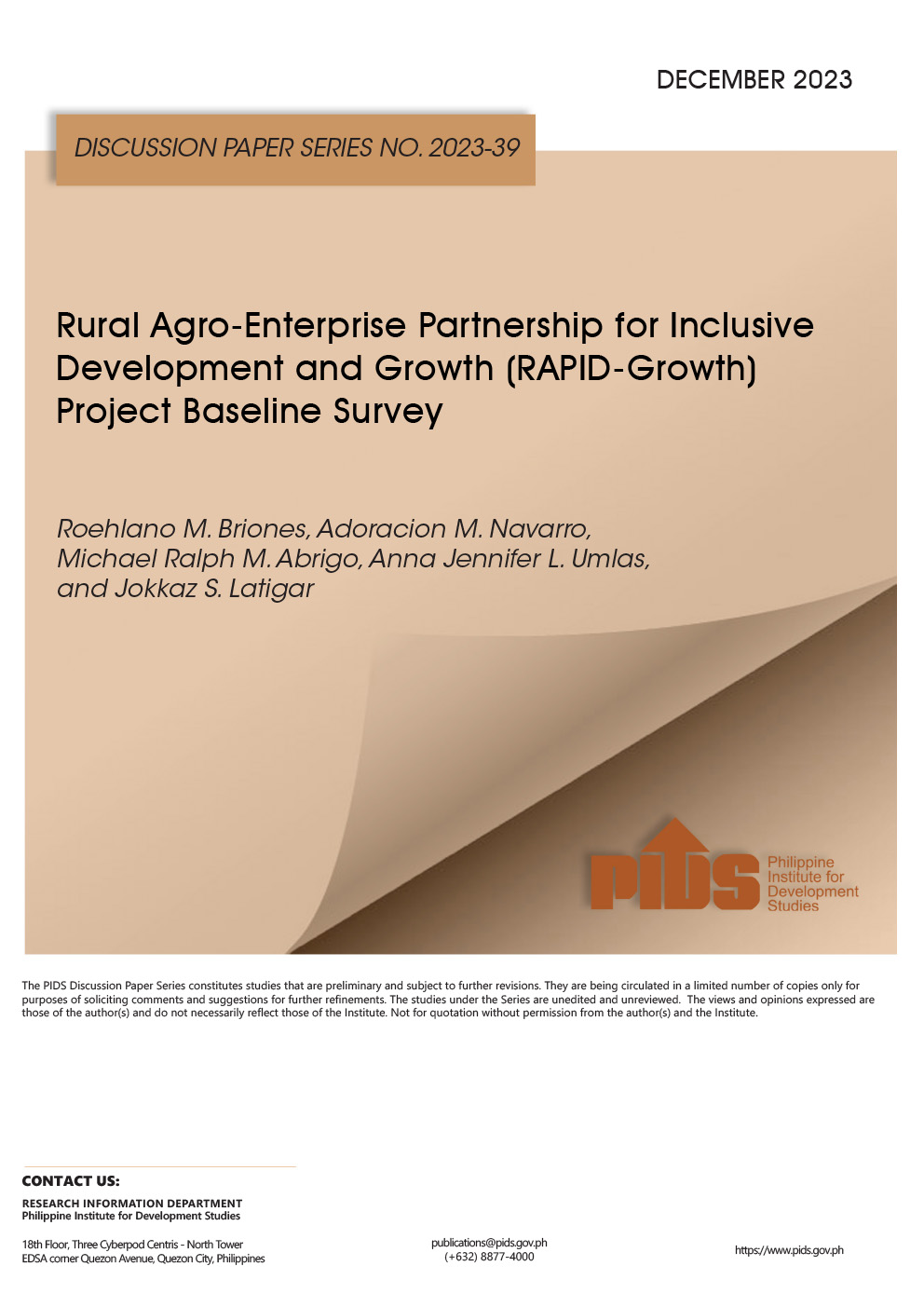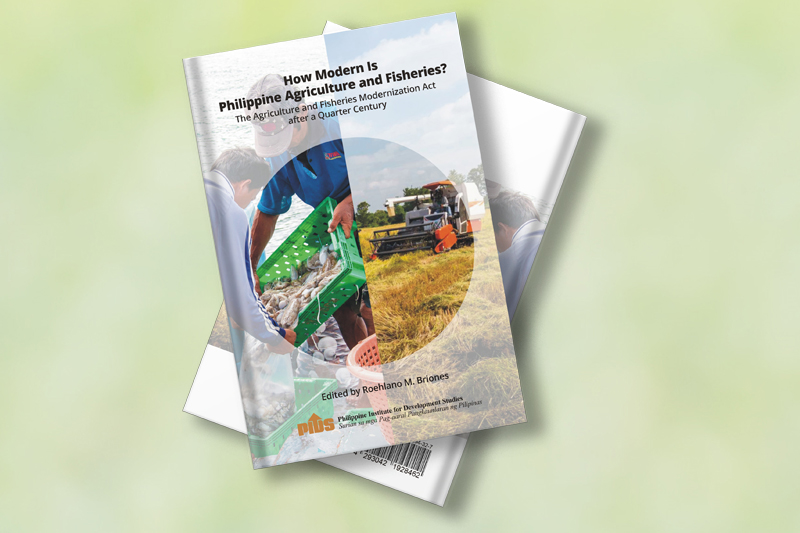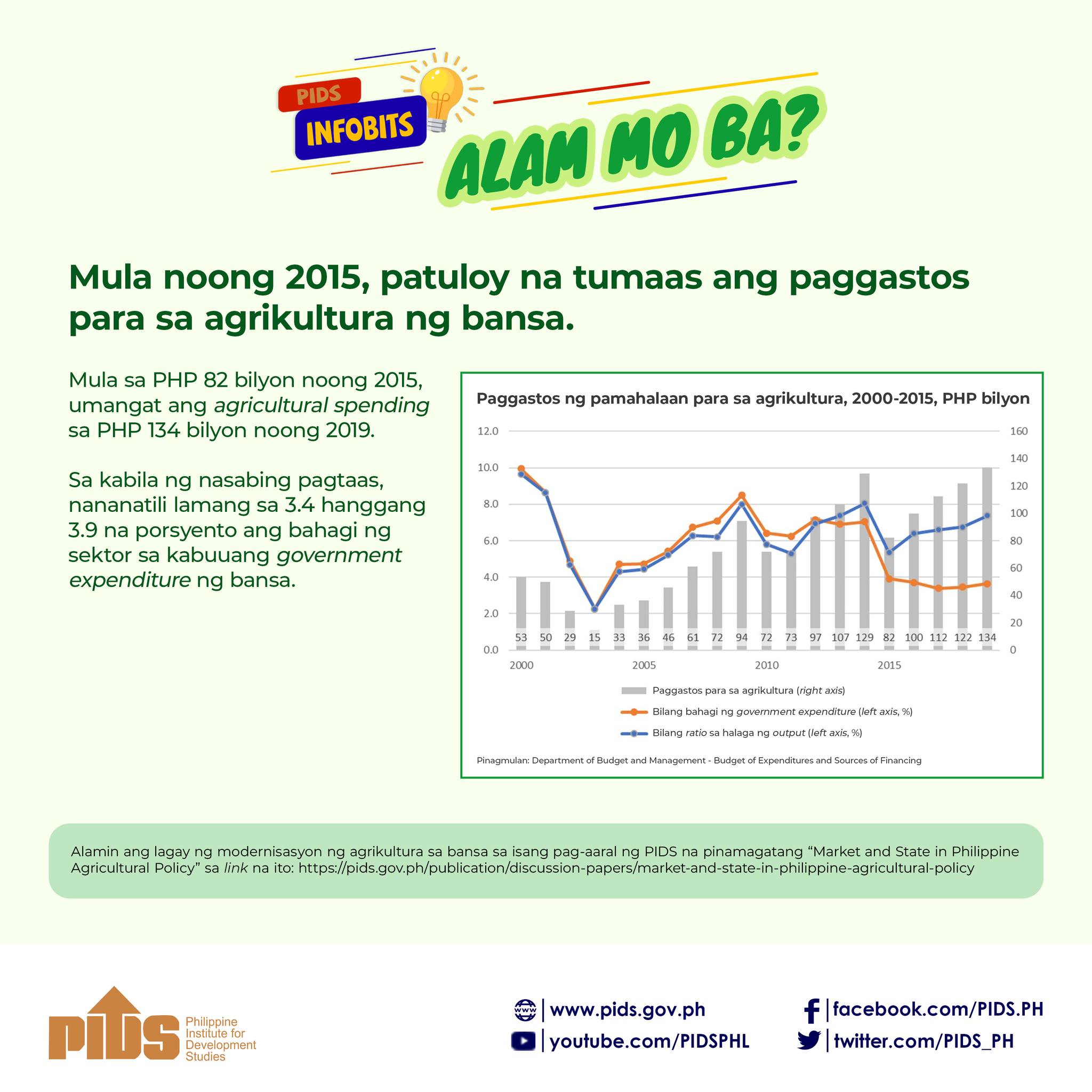MANILA, Philippines — The passage of a law that would modernize biotechnology in the Philippines is expected to aid in the country’s agriculture sector and address food security concerns.
In a discussion paper, state-run think tank Philippine Institute for Development Studies (PIDS) called for the passage of the Modern Biotechnology Act filed by Rep. Sharon Garin in 2018.
PIDS researchers Sonny Domingo and Arvie Manejar said that regulatory processes among involved national government agencies need to be streamlined to minimize decision-making lags and attached regulatory costs.
“An applicable legislation should establish a central authority on modern biotechnology in the Philippines may it be under the current stewardship of DOST (Department of Science and Technology) or another institutional arrangement,” they said.
“More comprehensive regulatory provisions may be required with the rapid advancement in modern biotechnology and related fields, as well as the growing list of genetically modified commodities and their products entering both global and domestic markets,” they said.
Biotechnology crops are seen to be the more lasting solution to food hunger problems, as they are capable of doubling food production amid a projected surge in global population to reach nine billion by 2050.
Biotechnology also addresses low crop productivity, pest and disease prevalence, and micronutrient deficiency, particularly in developing and climate-vulnerable economies.
In the Philippines, the introduction of GM crops started in the early 2000s with the regulatory approval for commercial propagation of Bt corn.
As to the legislation, the researchers said focus may be given to stringent GM food labeling, low level presence detection and appraisal, GM animals regulation, and new plant breeding techniques to complement modern biotechnology.
Biotech law a boost to agriculture – PIDS

